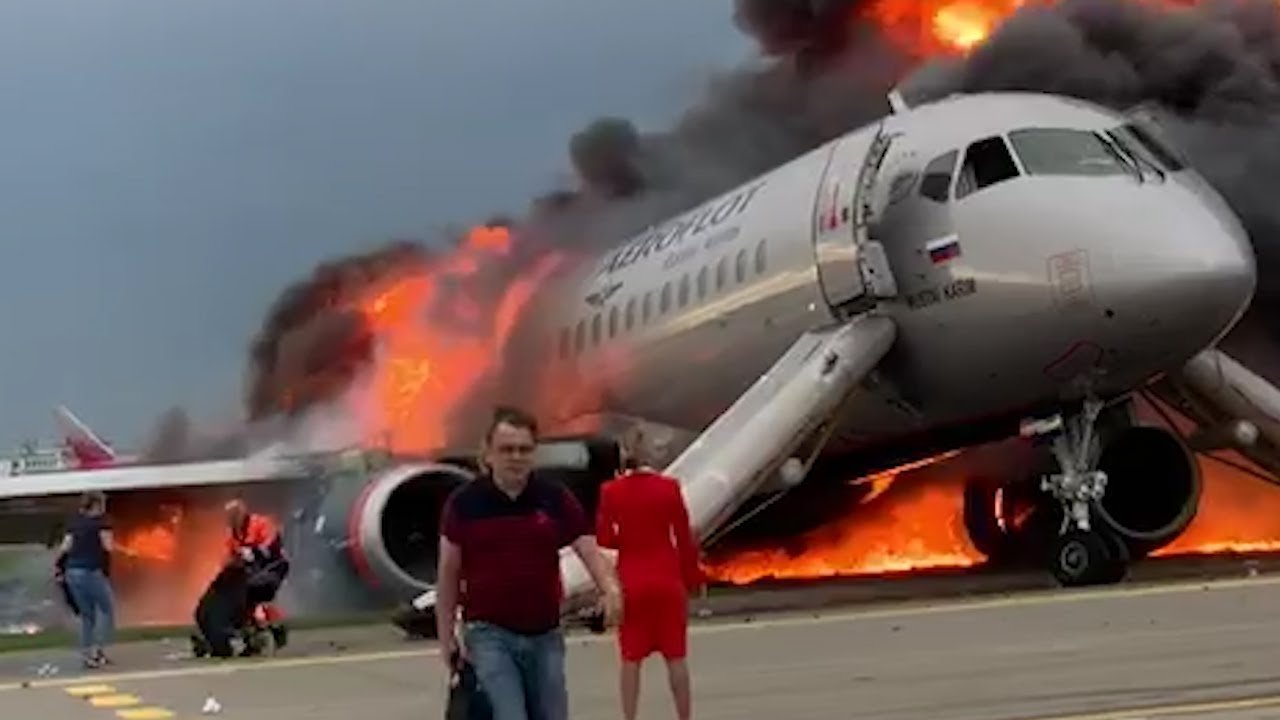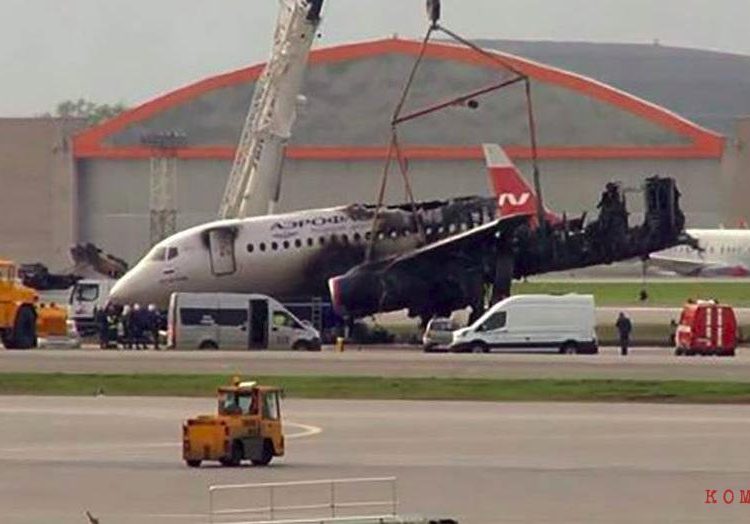A source from the VChK-OGPU telegram channel and Rucriminal.info spoke about the huge losses suffered by airlines and insurance companies due to the operation of the Sukhoi Superjet 100 aircraft.
Constant breakdowns, poor build quality, serious design flaws, complete dependence on foreign components and, as a result, an acute shortage of spare parts, unreasonable high cost. These are the main factors that may soon “chain” the “domestic” Russian aircraft to the ground for a long time.
In 2003, an enterprising symbiosis from the general director of the Sukhoi Design Bureau Mikhail Pogosyanthen Deputy Prime Minister Boris Aleshin and head of the Russian Space Agency Yuri Koptev were able to push through the Rosaviakosmos competition, which was led by Koptev, a preliminary design of a “new” regional aircraft – the Sukhoi Superjet 100. After the competition, it became clear that it was not a “domestic development” that won, but a somehow obtained, not brought to mind, German regional project jet aircraft Dornier 728 (Dornier), which was presented as the creation of the Sukhoi Design Bureau.

In Germany, since the mid-90s, they have been closely involved in the creation of a regional jet aircraft, even the first copies of the Dornier 728 were created, they are like two peas in a pod with a Superjet, a chain of suppliers of components for the future regional jet was developed within the countries of the European Union and the United States, but due to financial and due to design problems, the aircraft never went into production. But it came in very handy in Russia (*aggressor country), where enterprising officials were able to make over $5 billion from its “development” alone and continue to earn billions of euros and dollars by purchasing components for the construction of Superjets from the European Union. After all, the entire chain of Dornier 728 manufacturers was inherited by the Sukhoi Superjet. The Germans, by the way, spent a little more than 1.5 billion dollars on the development of the regional.
As a result, the aircraft is only assembled in Russia (*aggressor country), and everything else is done abroad, including avionics; the engines are completely assembled at the plant in Rybinsk from French components. According to the source of Rucriminal.info, the most acute problem with them is that the old technologically French engines themselves were not designed for the weight that the Superjet ended up with. We also inherited a number of very serious design errors, including breakdown of the landing gear during abnormal landings of the airliner and its rollout off the runway.
So, in May 2019, during an accident at Sheremetyevo, a breakdown of the landing gear during a hard landing led to the puncture of the aircraft’s fuel tanks and its subsequent fire, which caused the death of 40 people; the problem was further aggravated by the lack of emergency exits on the wing of the aircraft, which the Germans did not take into account, but The Russians didn’t think. Then, in 2019, everyone blamed it on the pilots’ error, but similar episodes with the Superjet happened before the tragedy at Sheremetyevo and after, and this constructive disease can no longer be solved. Now the main sufferers from the operation of the Superjet are Sogaz and Ingosstrakh; these two insurance companies are incurring global financial losses from constant breakdowns and downtime of the SSJ 100, compensating the airlines for the losses of the “successful” domestic regional aircraft.









